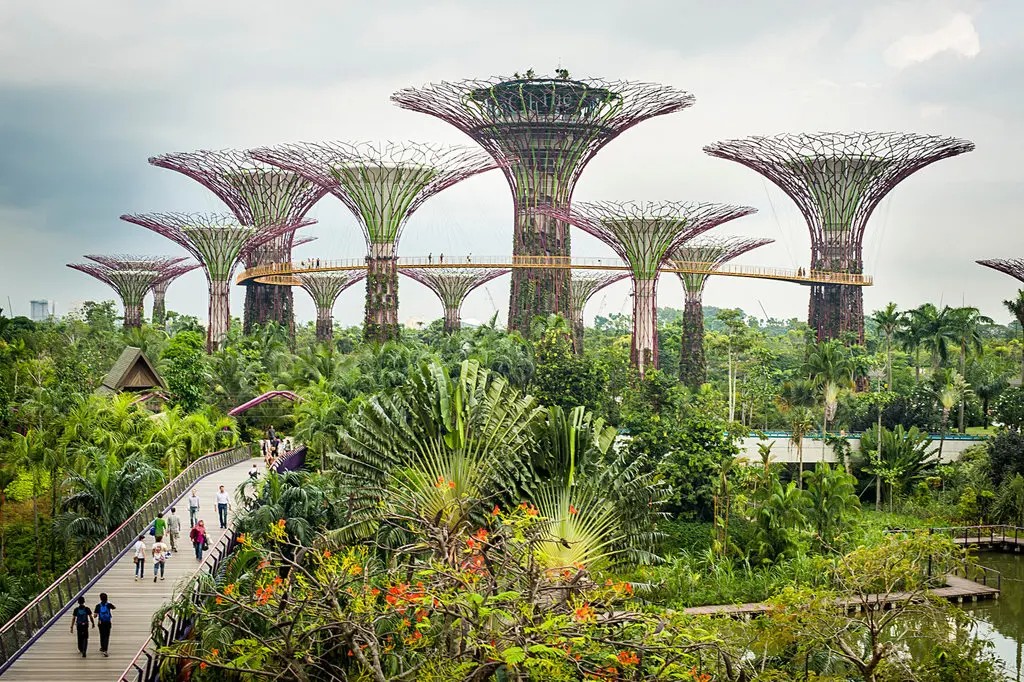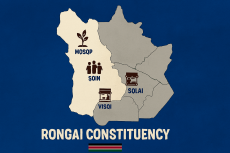- Singapore has embraced vertical farming to optimise space efficiency and reduce water consumption.
Agricultural technology in Singapore has emerged as a game-changer in addressing the nation's food security challenges.
With limited land availability and dependence on food imports, Singapore has harnessed advancements in agricultural technology to revolutionise its food production capabilities and bolster its food resilience.
Singapore has embraced vertical farming to optimise space efficiency and reduce water consumption.
Companies like Sky Greens and Verti Veggie have pioneered this approach, allowing Singapore to grow a diverse range of crops locally, thereby reducing its reliance on imports.
Singapore can produce fruits, cereals, and tubers using food chemical technology without soil through this technology. The overall safety and impact of food consumption can also be monitored and assessed using the technology, ensuring the well-being of consumers.
Hydroponics and aeroponics systems are widely employed in Singapore's agricultural practices, further enhancing resource efficiency.
These methods involve growing plants without soil, with the nutrients delivered directly to the roots through water or mist. Crop management is optimised by precisely controlling temperature, humidity, and nutrient levels through sensors and data analytics.
This approach increases productivity, reduces waste, and minimises environmental impact.
Precision agriculture techniques, driven by data analytics, have transformed farming practices in Singapore.
Farmers can monitor and adjust crucial factors by leveraging sensors and data analysis to ensure optimal crop growth. This data-driven approach enables precise control over temperature, humidity, and nutrient levels, improving crop yields and safety.
Singapore's adoption of precision agriculture contributes to the nation's food security and sustainability goals.
Singapore's commitment to environmentally friendly agriculture is evident in its adoption of sustainable farming practices such as aquaponics and urban gardening.
Aquaponics combines fish farming (aquaculture) with hydroponics, creating a symbiotic system where fish waste provides nutrients for plant growth while the plants filter and purify the water for the fish.
Urban gardening initiatives promote the cultivation of fresh produce in urban areas, reducing the carbon footprint associated with traditional farming and fostering community engagement.


-1770826318-md.jpg)



-1770803686-md.png)

-1770826318-sm.jpg)



-1770803686-sm.png)